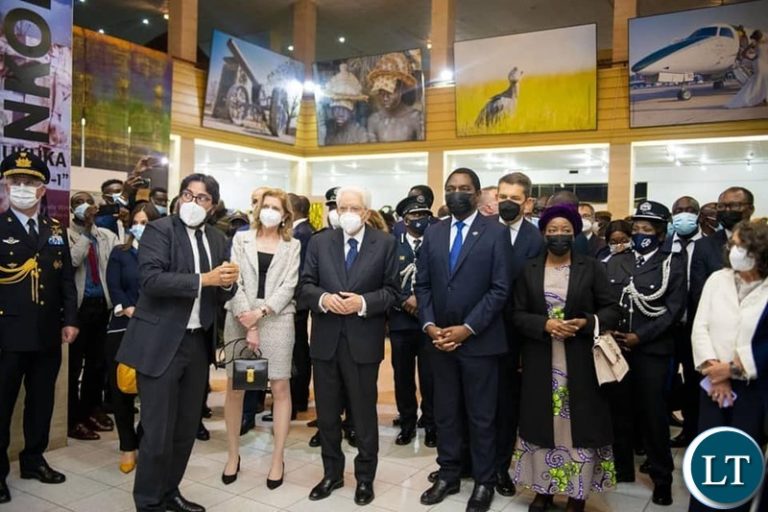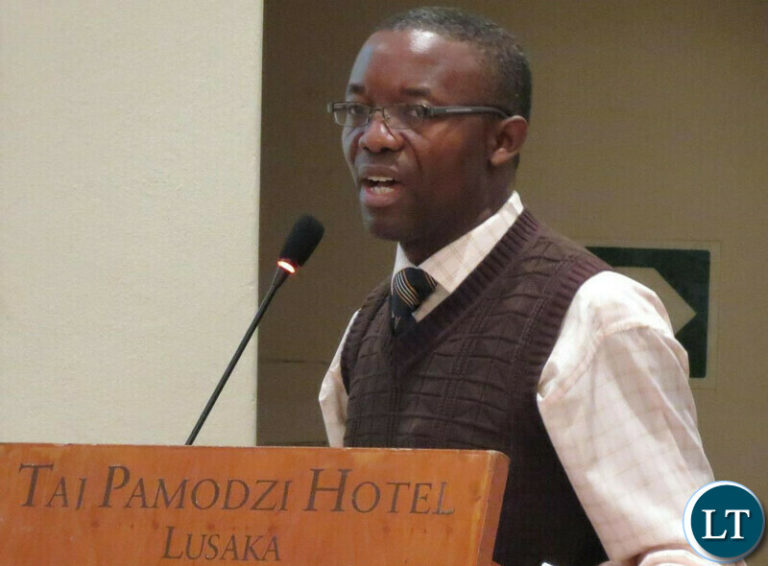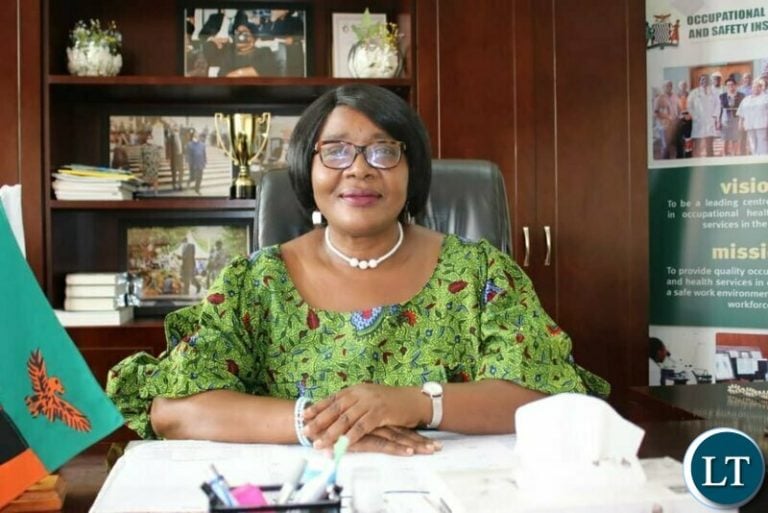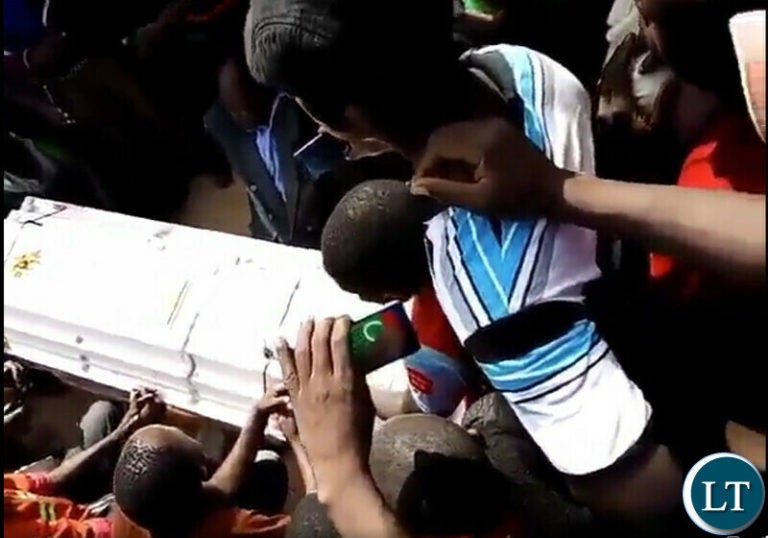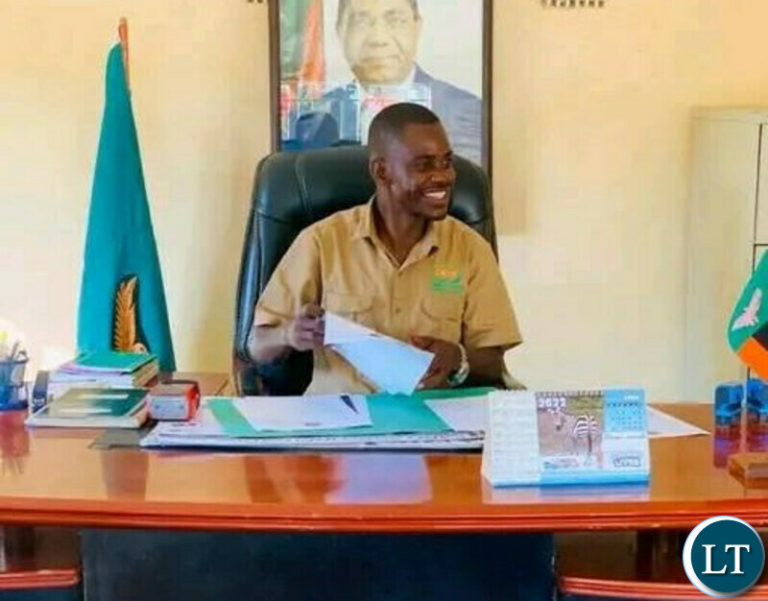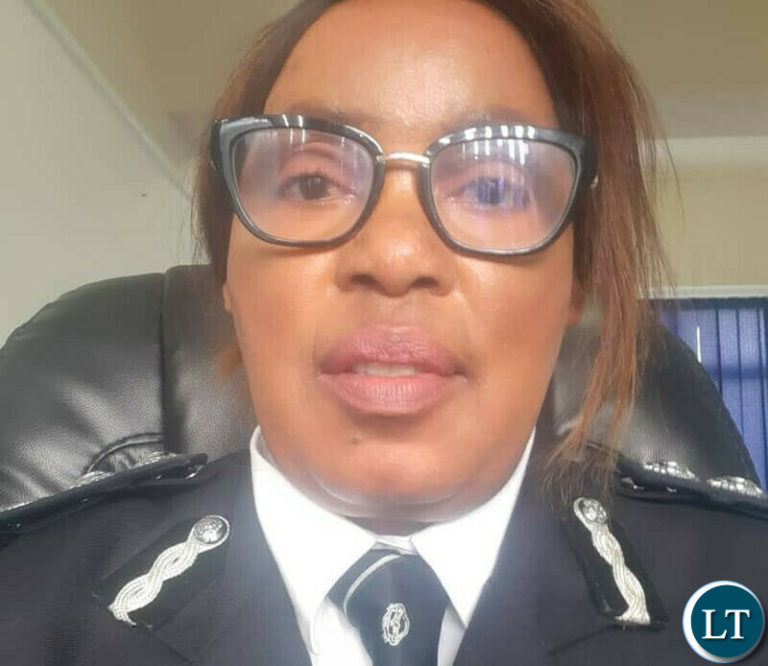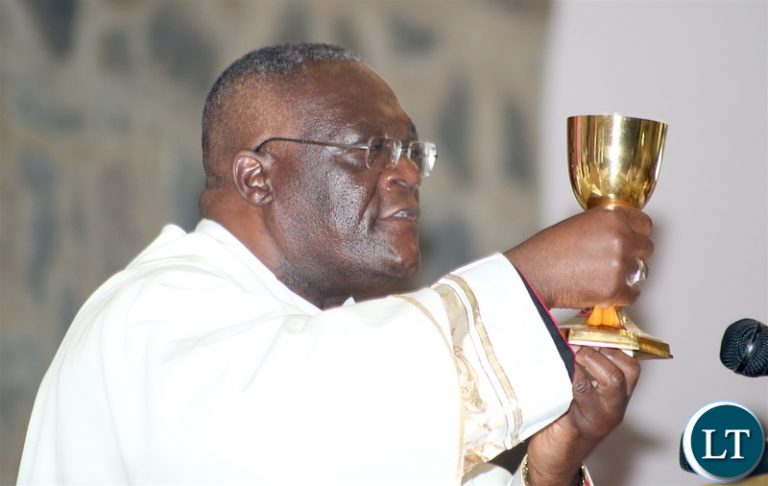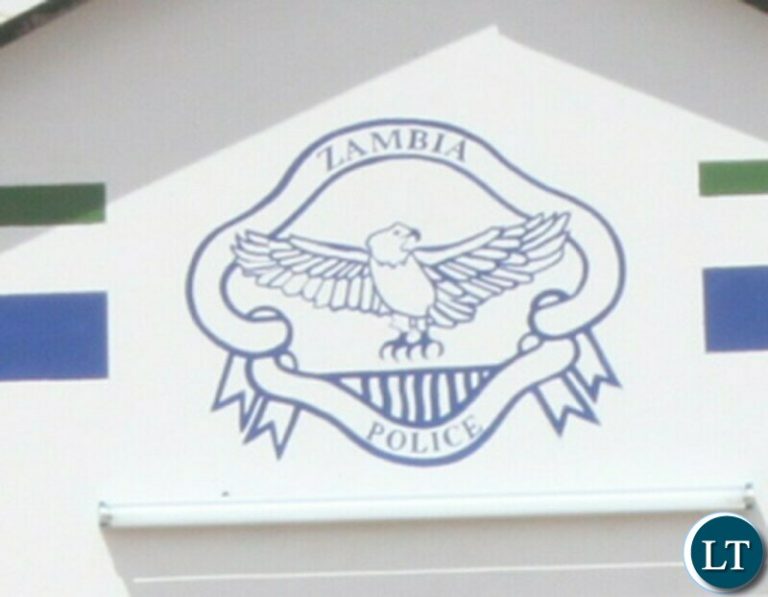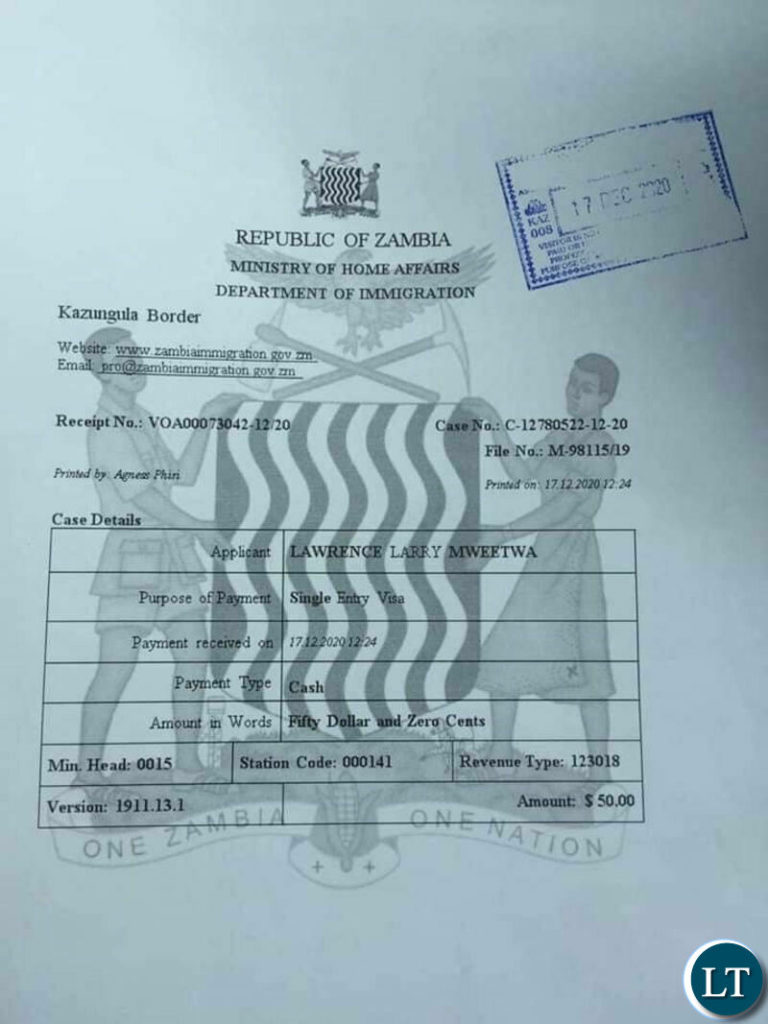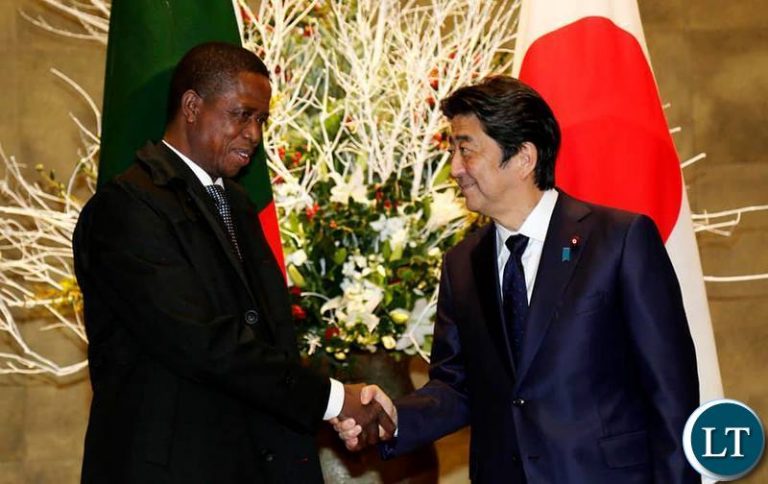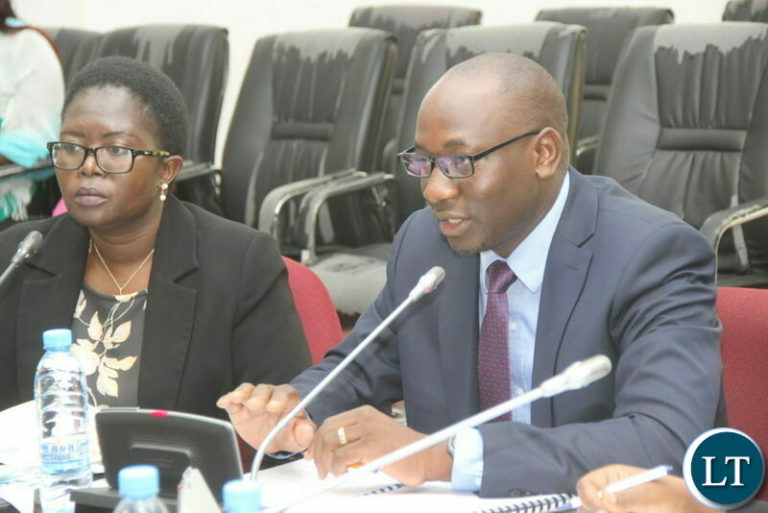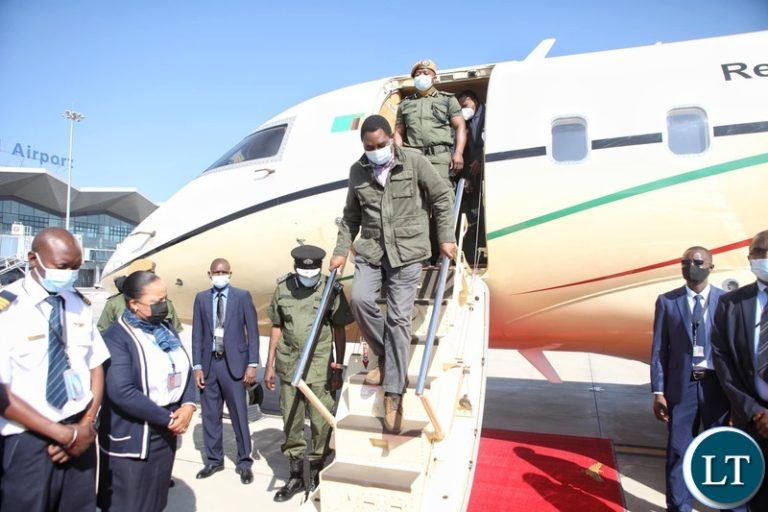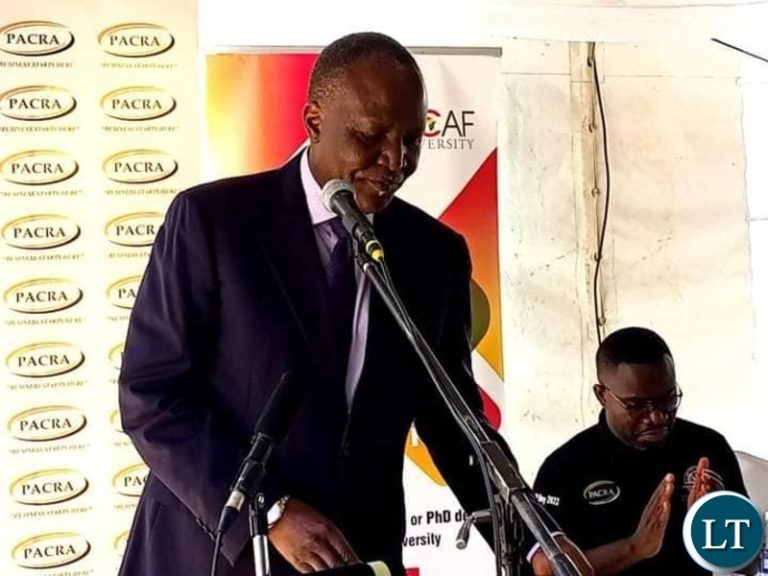Italian President Sergio Mattarella has been honoured with a title of Victoria Falls Marketing Ambassador by the Southern Province Administration.
Bestowing him with the status, Southern Province Minister Cornelius Mweetwa asked President Mattarella to vigorously market the Victoria Falls as one of the seven wonders of the world and other tourism sites found in the tourist capital.
Mr. Mweetwa reiterated that President Hakainde Hichilema’s agenda to rebuild the economy can only come to fruition if intensive marketing of tourism sites is exposed to the international audience.
He said this at the Mosi-o-Tunya National Park where President Mattarella and his delegation went for game viewing after touring the Victoria Falls.
The Minister recognised the importance of having such a high profile delegate visit the province as a once in a lifetime experience.
“ On behalf of the people of Zambia we thank you for taking time to visit the Mosi-O-Tunya Victoria Falls, one of the seven wonders and the province at large,” Mr. Mweetwa told President Mattarella.
Mr. Mweetwa noted that the Italian President’s visit in the area was testament towards Zambians journey to economic emancipation and transformation adding that this can only be completed with the participation of Italy.
President Mattarella said it was a privilege for him to be in the Tourist capital saying the Victoria Falls locally known as the Mosi-oa-Tunya ( the smoke that thunders ) is the tourist attraction of its kind.
Having a memorable experience at the Victoria Falls and Mosi-o-Tunya National Park, the visiting President pledged to consistently convey positive messages to the international community on the beauty and serenity found in Livingstone City.
He acknowledged the preservation of such a wonder was a contribution that goes to humanity and congratulated the country for all the hard work.
“I also understand the role played by those who worked hard to preserve the heritage in the most authentic conditions possible,” President Mattarella stated.
And Minister of Tourism and Arts Rodney Sikumba disclosed it was very deliberate for the President of Italy to visit the tourist capital.
Mr. Sikumba said Zambia is cognizant of the fact that Italy forms part of the source market with regards to tourism, hence the need to bring President Mattarella to Livingstone to appreciate the beautiful nature of the country.
Government is taking serious considerations of preserving culture for tourist attraction and the VISA reciprocity that will allow a huge number of international tourists easy access to tourist sites in the country, he said .


